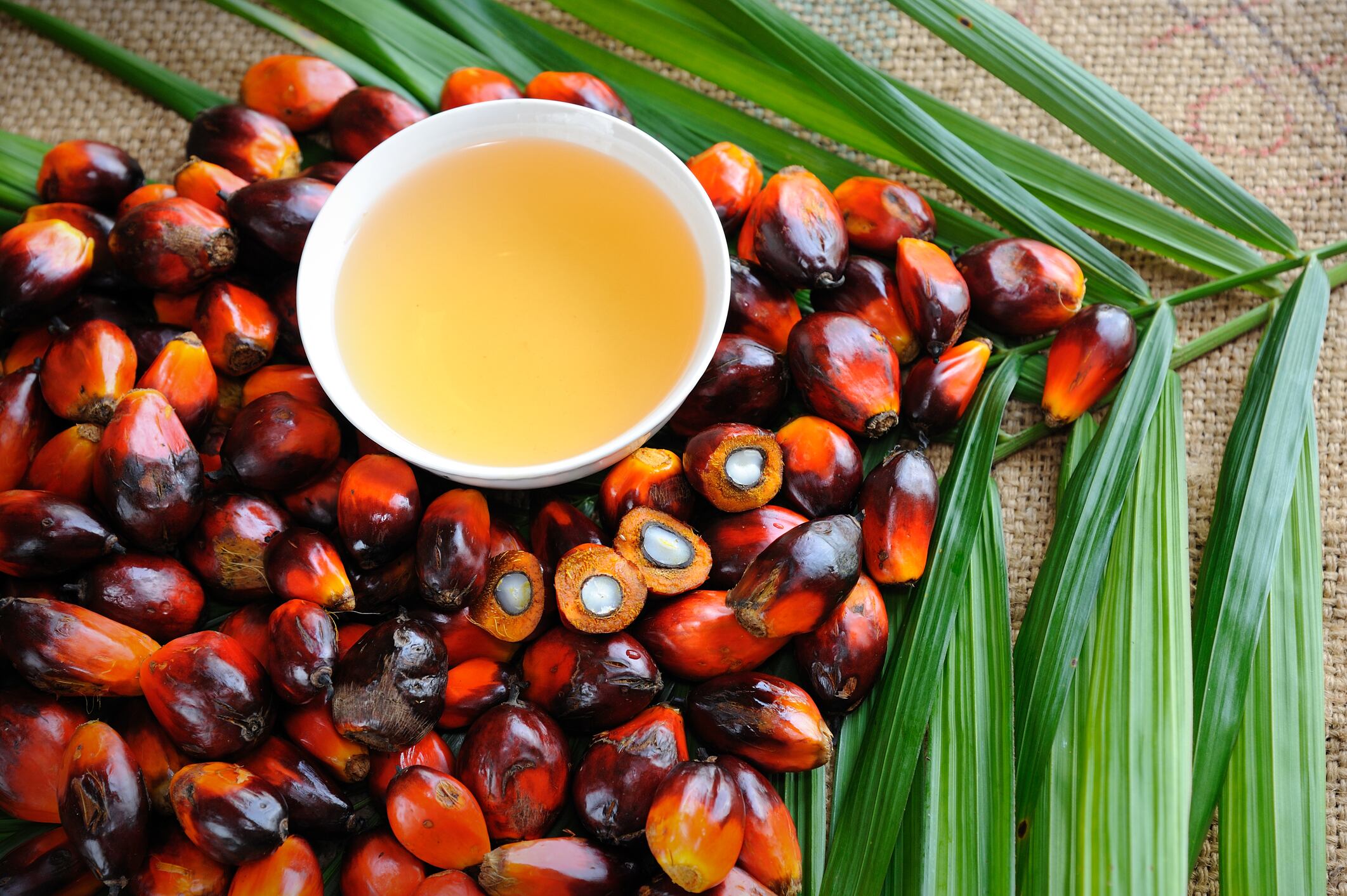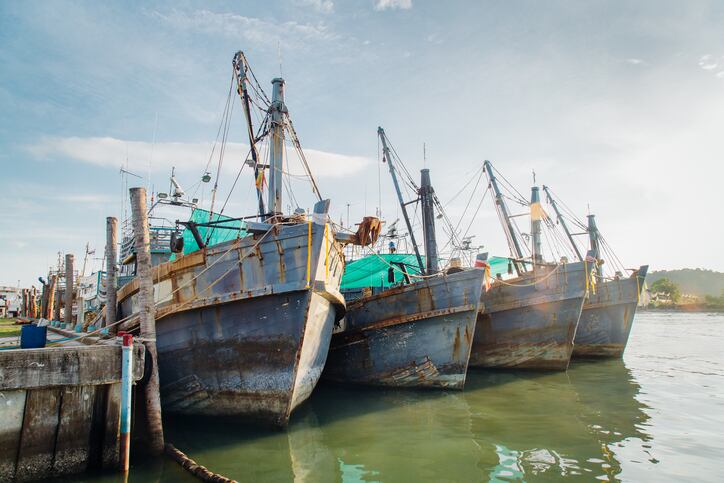The report, The False Promise of Certification, published by NGO Changing Markets focuses on certification schemes within the fishing, palm oil and textile sectors.
“The schemes are so focused on getting a majority of industry players on board, or meeting the growing demand for certified products, that they have to lower their standards on sustainability,” it says.
In this way, not only is certification failing to promote positive change but it is actively causing damage by lowering the bar and providing cover for companies that are failing to implement meaningful change in their supply chains, it says.
Label shopping
According to the largest global directory of ecolabels, Ecolabel Index, there are more than 460 labels in 25 different sectors.
However, rather than bringing clarity to consumers and pointing them to more sustainable purchases, this ‘flood’ of certification creates confusion and encourages manufacturers to go “label shopping” whereby they adopt the easiest label to achieve.
Changing Markets also called on certification schemes operating in each sector to be more selective about their membership, establishing higher entry points in a bid to establish quality over quantity.

“Low quality” sustainability labels also give companies a ‘green’ image simply by participating in the scheme, meaning they are less likely to implement more sustainable practices throughout their supply chains.
Changing Markets cited the example of McDonalds, which fended off criticism of its hoki fish by pointing to its MSC membership, despite conservationists’ reservations of MSC certification.
Meanwhile, many palm oil buyers fail to segregate their palm oil at the mill, meaning their products do not actually contain the sustainable oil they purchased yet they can still use the RSPO logo on pack.
“Certification schemes are failing the environment and consumers, who increasingly want to make ethical and sustainable choices. It’s time for a serious rethink about how we achieve sustainability because the current system is broken,” said Nusa Urbancic, campaigns director at Changing Markets.
The NGO calls for the weaker schemes – the Malaysian Sustainable Palm Oil (MSPO) and Indonesian Sustainable Palm Oil (ISPO) for palm oil and FOS for fish – to be abolished and for the more ambitious standards - to be reinforced and implemented more extensively.
It identified the Marine Stewardship Council (MSC), Palm Oil Innovation Group (POIG) and RSPO NEXT as the more promising standards, although these were not without problems.
'Compartmentalised certification'
The report said that while both the MSC and FOS prohibit destructive fishing technique and require by-catch management, environmental risk and impact assessment, among other issues, it also flagged a number of breaches that, in some cases, put the bodies at odds with national certification.
Global human consumption of seafood has doubled between 1980 and today, according to the UN’s Food and Agriculture Organisation (FAO) and certified sustainable seafood has been on the rise too, growing from 14% of global seafood production in 2015 compared to just 0.5% in 2005.
Together FOS and the MSC certified over 9 million metric tonnes of produce in 2015.
The RSPO, which certifies around 2.6 million hectares or nearly one fifth of global palm oil production, is the biggest certifying body for palm oil.
For instance, it said MSC has issued ‘compartmentalised’ certification to a number of fisheries, meaning a vessel and crew can use nets to catch tuna in a sustainable way, receiving MSC certification, and then – on the same day and using the same equipment – use haul methods to catch tuna and protected

species, a practice that is unsustainable and therefore non-certified.
The MSC, however, accused Changing Markets of cherry-picking critical research and unvalidated criticisms about the MSC.
MSC spokesperson James Simpson said: “Globally, stocks targeted by MSC certified fisheries show sustainable levels of stock biomass and in many regions stocks show higher biomass after MSC certification. Nearly all MSC certified fisheries are required to make an improvement as part of their certification and 90% of those improvements are completed within five years of certification.”
'A race to the bottom'
The report also warned of voluntary schemes replacing strong governmental and international regulations, and pointed to the palm sector as an example of how governments of producing countries are actively undermining ambitious action by instigating their own standards to protect domestic industry.
Indonesia and Malaysia, which together account for around 85% of the world’s palm oil production, have their own national schemes - Malaysian Sustainable Palm Oil (MSPO) and Indonesian Sustainable Palm Oil (ISPO) – but these are much weaker than other standards, triggering “a very real race to the bottom”, it said.
The report says RSPO’s reputation as a credible scheme has been damaged by “systemic and serious failure” to tackle the malpractices of some of its members regarding environmental and social abuses, and certification failed to prevent damaging fires and deforestation at Indonesian plantations.
Nonetheless, the report identifies RSPO Next as one of the stronger schemes. It calls on the RSPO in general to focus on the quality, not quantity, of certification, adopting reforms to strengthen its stance, such as including secondary forests and greenhouse gas emissions associated with oil production are covered.
